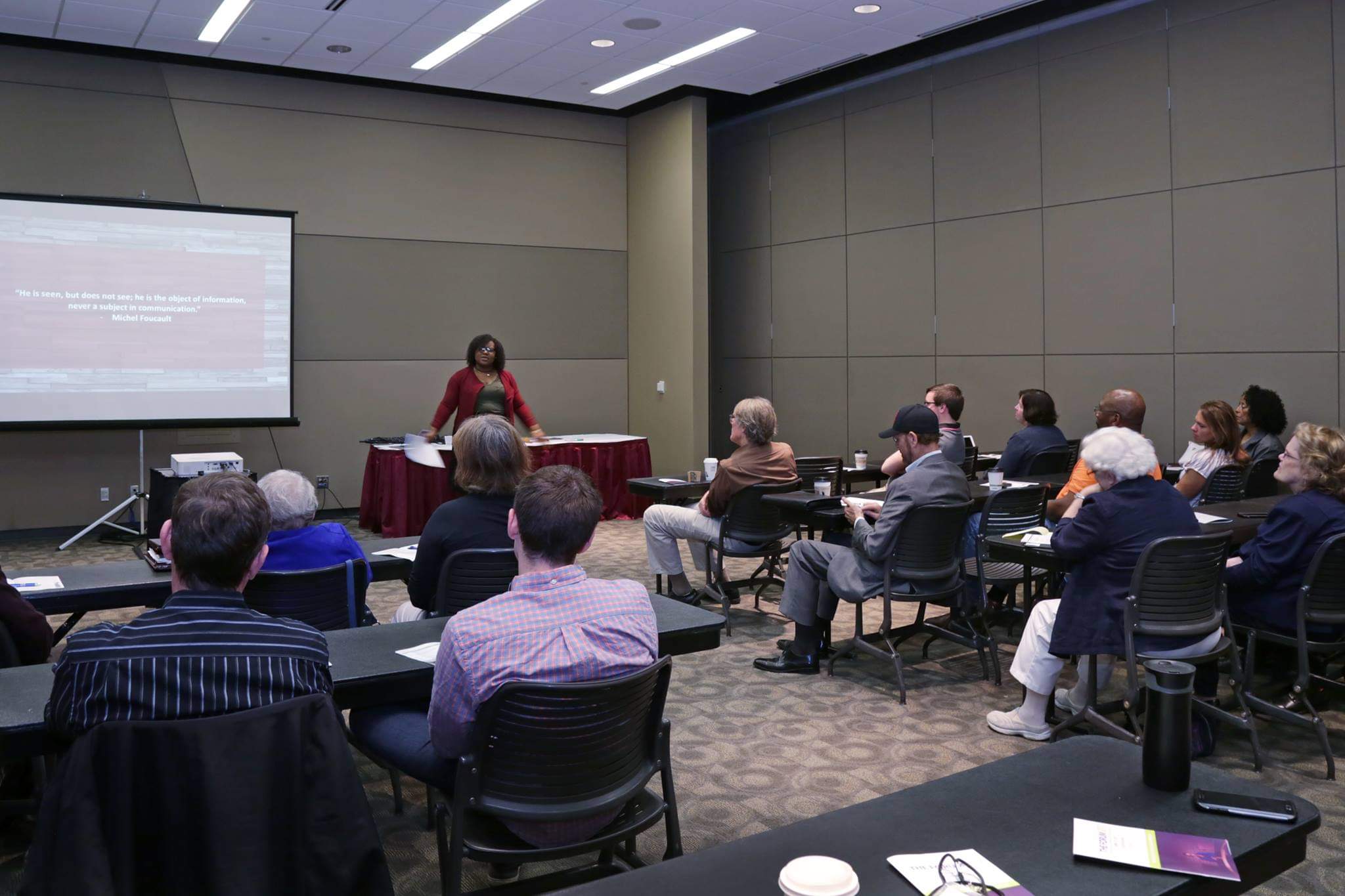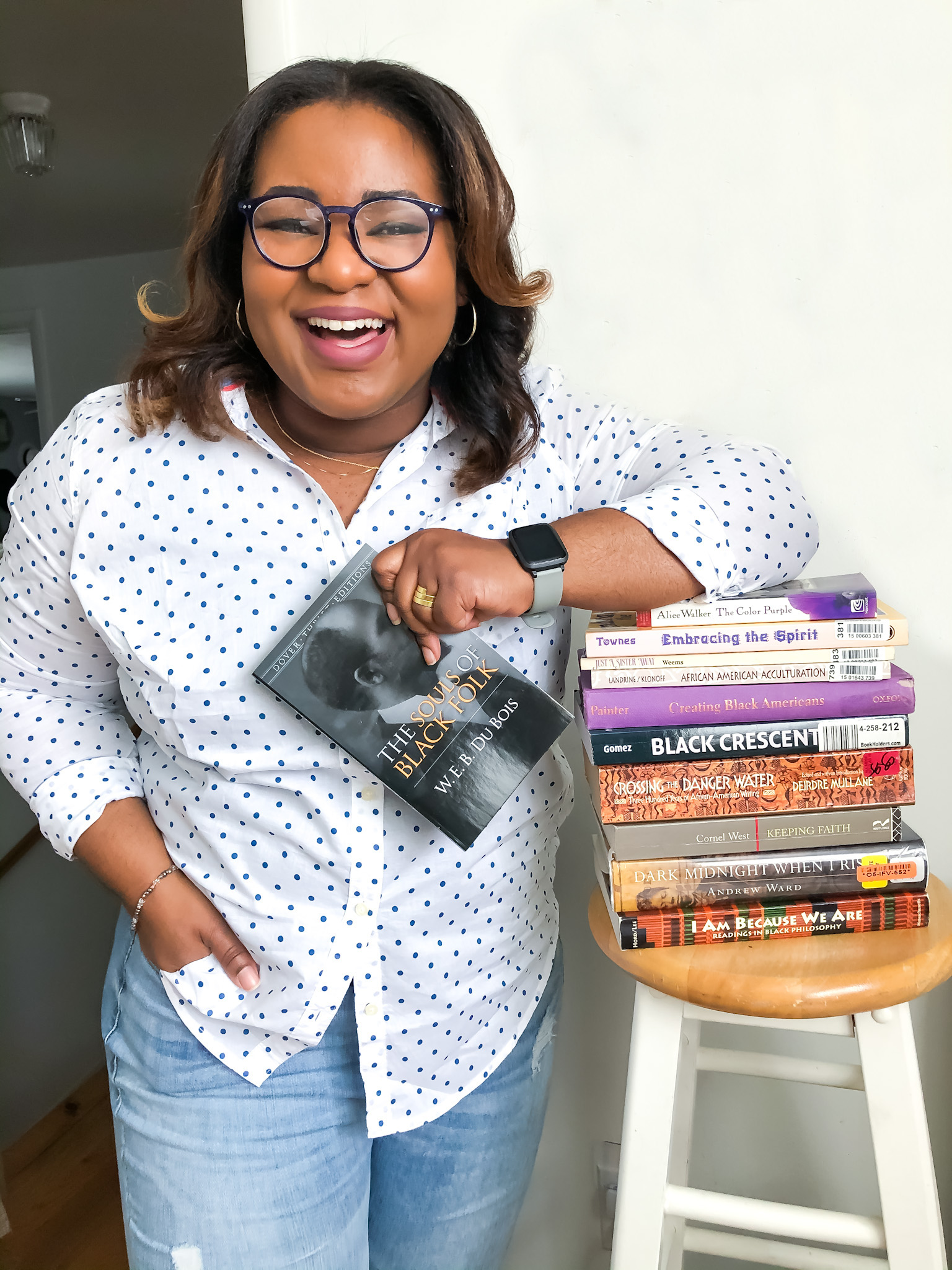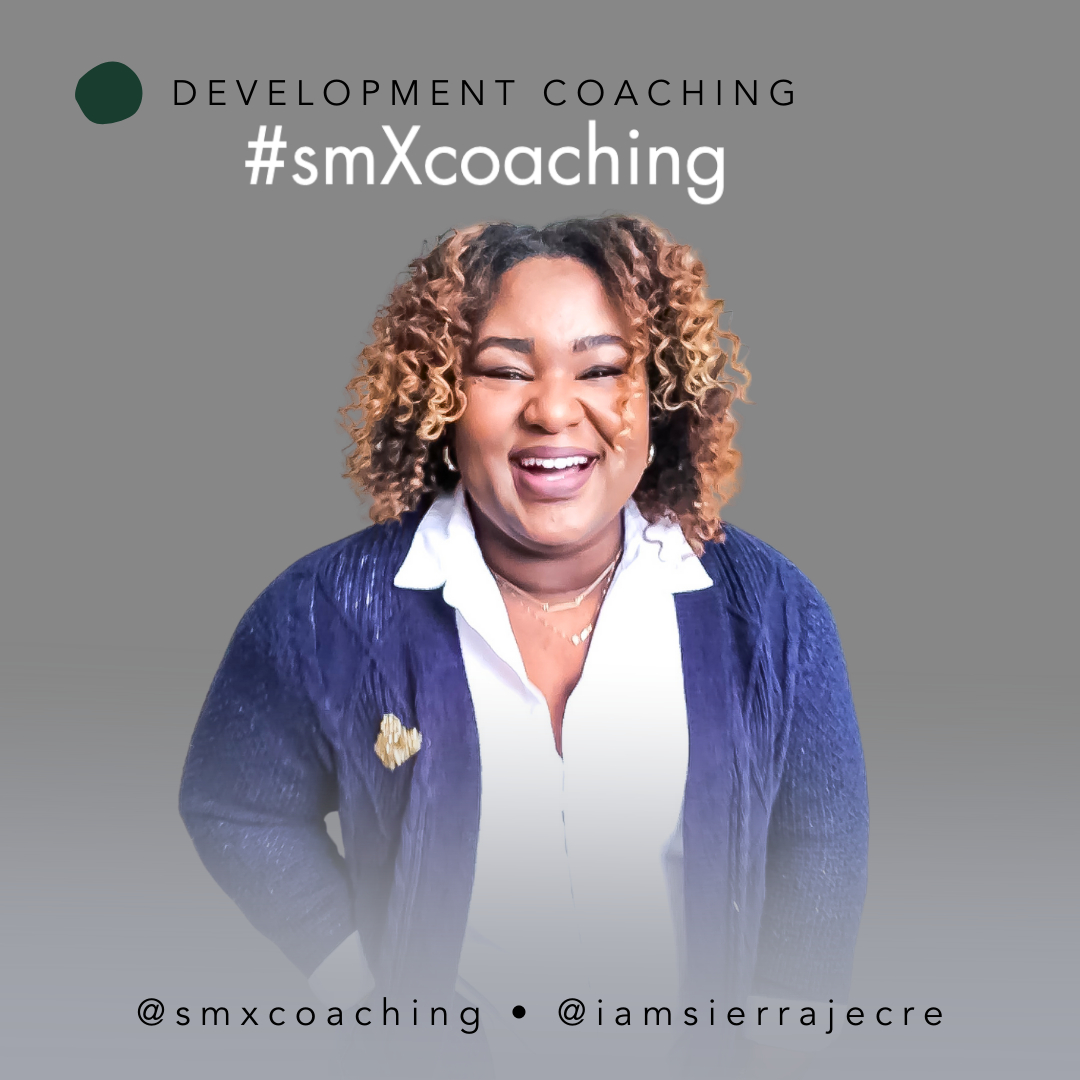Alright – so today we’ve got the honor of introducing you to Sierra Mckissick. We think you’ll enjoy our conversation, we’ve shared it below.
Sierra, appreciate you joining us today. How did you learn to do what you do? Knowing what you know now, what could you have done to speed up your learning process? What skills do you think were most essential? What obstacles stood in the way of learning more?
In high school, I used to design t-shirts and logos for people in my community using Microsoft Word and PowerPoint; now, I laugh at how ridiculously difficult it was to make those look good. I didn’t start identifying as a designer until 2015, when I began designing in graduate school more frequently and later full-time when I graduated. Every skill I’ve acquired was self-taught. When I started, I had no idea what design software existed and little knowledge of design principles and techniques. Affordability and access are the most significant challenges when teaching yourself to do anything. In the beginning, I relied on my intuition and aesthetic sensibilities. Over time, I did more research and watched lessons online. I still couldn’t afford software like Adobe, but I made do with independent programs and built a client list of about 20 repeat clients.
As a writer, I was a bit late to the craft. I wrote a few poems and songs in high school, but nothing substantial until graduate school. The culture shock of studying religion at a predominately white institution in the South ushered in a newfound determination to understand language and how to wield it to my benefit. I haven’t mastered it, but I’m learning how to use my voice in transformative ways intentionally. The main obstacle is managing the craft, time, and the surge of ideas as a neurodivergent thinker. Often, when writing, I think twice the speed of what I type, causing me to skip words, or I’ll read words that aren’t there or are misspelled––it’s a fun time. My mentor suggested reading my work aloud before any submissions, which I still do.

As always, we appreciate you sharing your insights and we’ve got a few more questions for you, but before we get to all of that can you take a minute to introduce yourself and give our readers some of your back background and context?
I’m the youngest of five girls, a cultural critic with a deep appreciation for urban socialization. I was raised in the Christian Baptist denomination, which led me to question a lot. Primarily how religious life serves as an invisible spiritual caste system that can affect the health of our psyches and communities. Hence, my advanced study of religion, psychology, and culture. My role as a researcher provided additional context and a critique of the social interventions I worked on since I was sixteen, which included educational leadership conferences, moral mentorships, and peer interventions and support programs. As a behavioral and spiritual health specialist, I offer consulting services to executives, small teams, and help organizations navigate transitions, create psychological safety, and improve companies’ and education-related institutions’ mindset, well-being, and communal health. When I’m not facilitating trainings, I run an educational media company, McKissick Health & Wellness, a design company SFM Design Studio, and teach religious studies.
I deeply value ethics and discipline––although there are many areas I still struggle with––I strive to live an honest life where I work to put the principles I teach into practice. Whether that’s antiracist care, radical self-love, equitable health care ethics or compassion. What contributes to my unique footprint in the marketplace is my ability to practice these ideals in a variety of settings. You can ask me how could pathogenic beliefs rooted in patriarchy be operative in kids’ playground dynamics and I could walk you through it as a researcher, educator, creative, and parent. My work as a facilitator, educator, writer––everything I do is designed to promote healing and transform lives. Wellness is a core part of my personal and professional identity. In the words of a phenomenal black female actor, Jennifer Lewis, “You can’t quit what you are.”
What do you think helped you build your reputation within your market?
The business reputations I’ve built (for both McKissick Health & Wellness and SFM Design Studio) were direct products of my network and range as a human willing to be vulnerable. As a former marketer, I learned the value of every company having a story, which, in turn, creates a brand that fosters loyalty or is easily shareable. I wouldn’t have gained any traction as a founder or owner had I not been a person willing to help people feel inspired or heard.

Is there something you think non-creatives will struggle to understand about your journey as a creative? Maybe you can provide some insight – you never know who might benefit from the enlightenment.
I’m very forthcoming about the challenges that arise throughout my professional and personal journey. Some people are surprised by how transparent I choose to be while others question my creative sanity and reason for continuing this line of work. Living in a capitalistic society that thrives on demanding people engage in self-sacrificial practices for the sake of an invisible productivity goal can cause many of us to participate in being devalued as a false sense of security. In truth, ‘struggling’ is a part of every journey and suffering is a universal experience that bonds human life. No one escapes difficulties. So, whether you take the ‘safe job’ or choose to tough it out as a solopreneur, expect that some days are going to require more self-compassion than others.
Contact Info:
- Website: https://sierramckissick.com
- Instagram: iamsierrajecre
- Facebook: iamsierrajecre
- Linkedin: iamsierrajecre
- Twitter: iamsierrajecre
- Youtube: smxcoaching



